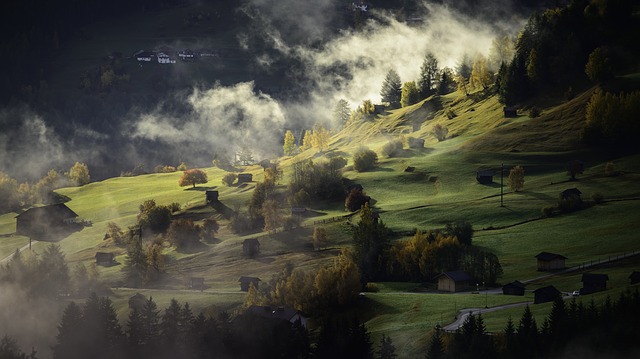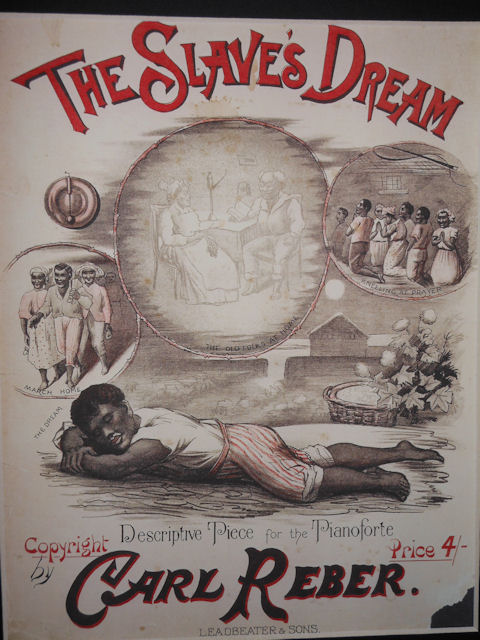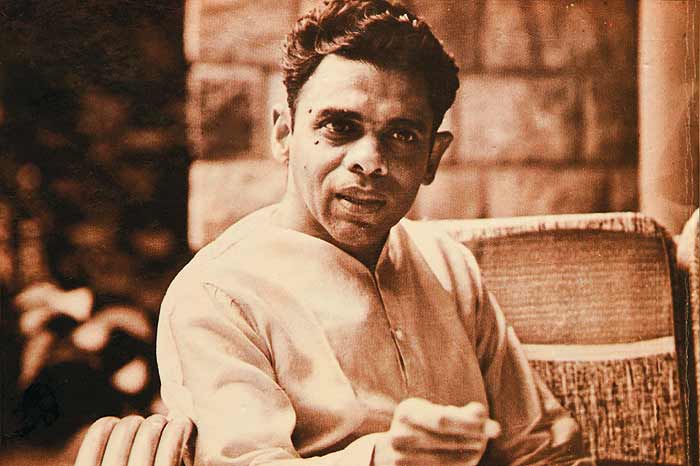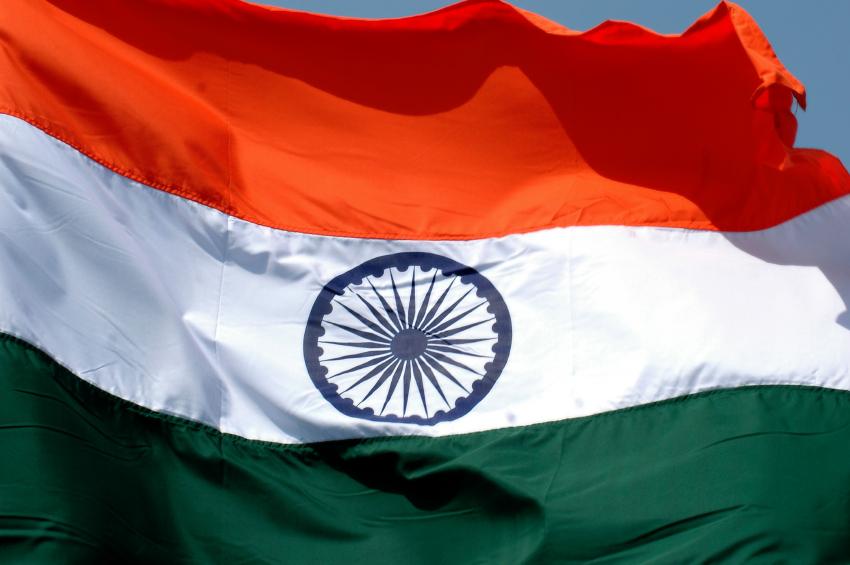This is a lesser-known short poem of Eliot published in Collected Poems 1909-1962.
To the Indian Who Died in Africa: About the Poet
The more one tries to say about T.S. Eliot, the more one fumbles for adjectives to describe the prodigious genius. Thomas Stearns Eliot (1888 – 1965) was born in America (St. Louis) to a family where tradition was in commerce and academic studies. Eliot, educated at Harvard and settling in England in 1915 and acquiring citizenship in 1927, became the editor of the imagist periodical The Egoist and the critical journal The Criterion. Through these periodicals, he molded public opinion according to his ideas about art, classics, their meanings, and their importance in our society. Equally prolific is his poetic career, where he wrote poems like The Wasteland, Hollow Men, Love Song of J. Alfred Prufrock, etc. Besides, the poems he also wrote a number of plays like Murder in the Cathedral, The Family Reunion, etc.
To the Indian Who Died in Africa: Analysis
To the Indians who died in Africa was written at the request of Miss Cornelia Sorabji for Queen Mary’s book for India (Harrap and Co. Ltd. 1943). Eliot dedicated it to Bonamy Dobree. The poem records the futility of ‘action’ that is of war in the general scheme of everyday life. It is an anti-war poem that betrays the trauma of displacement and death caused by useless wars.
The poem starts with a tone of empathy for the displaced, followed by an encouraging tone only to be replaced with his characteristic morbid irony signifying the spiritual futility of physical action.
The poet asserts that every man has his claim on domestic life. The reminiscences of the displaced man come out in his dialogue with foreign men like him on the foreign shores of the battlegrounds. Since desire is not fate, the place where a man dies bravely is his home. A foreign shore becomes a home, and vice versa for men like these. Fellow men tell the lore of a brave man’s death in his village, and the poet ponders over the futility of action in the war.
Eliot’s romantic ideas, at least the romantic idea of nostalgia of homestead, comes to the fore in this poem, and the diction amply supports the theme. Words like ‘village,’ ‘fire,’ ‘wife’s cooking, ‘grandson,’ etc., catches the nostalgic mood of the poet who becomes one with the agony of the displaced men who have left their homes to fight for a cause not his own and not noble either. These words signify the domestic bliss which the men in question never receive. The absence of reality and its possibility is most touching. The word ‘sunset’ evokes an atmosphere of serene beauty and undisturbed peace, contrasting with the words in the latter part of the poem – ‘action,’ ‘death,’ ‘judgment,’ etc. The antithesis could also be found between the words like ‘village,’ ‘fire,’ ‘wife’s cooking, ‘grandson’ on the one hand and words like ‘exile,’ ‘graveyard,’ ‘foreign,’ ‘foreign places’ etc. These words being set off against each other create an effect of paradox, and we are left with a feeling of a sense of loss, complete in its insurmountability.
If we follow the pattern of the words, then we find that there is a gradual progression from domesticity to a situation demanding manly courage to spirituality and religion. What begins with a sad sigh ends with a sound skepticism of the state of things as they stand. Therefore though the poem begins on almost a sentimental note ends in speculation of the meaning of actions post the ‘final judgment’ in the house of God. The final speculation is characteristic of Eliot’s Catholicism. Being a Royalist and that too self-professed one at that, the anti-war attitude of the poem runs against the grain of his commitment to his country, which itself was very much responsible for the pain of those who are mentioned in the poem. After all, whatever Eliot was, first and foremost, he was an artist, and all artists have this tendency to feel sad about the loss of the potentialities of life. In this poem, Eliot feels no different. However, Eliot comes close to being a chauvinist when he says that,
“Where a man dies bravely
At one with his destiny, that soil is his.”
Postcolonial critics like Chinua Achebe or Edward Said would have been quite prompt to point out the chauvinistic tone of the line. The line seems to suggest a confirmative idea of courage in the face of death and a stolid acceptance of one’s fate. The line seems to gloss over the fact that the man need not have to die on a foreign shore had the colonial masters been a little less greedy. Thus from a sentimental elegy, the poem can quickly enter into the postcolonial discourse of imperialism and its after-effects. Again from a postcolonial angle, it can slip into a Christian theological discourse where the futility of all human action is questioned in the event of the final judgment. Curiously this questioning of the action is also to be found in Hindu mythological lore, where all human actions are futile in the face of his ultimate rendezvous with god. Thus we find that there is an ascending movement of the structure of the poem in terms of its thought processes. The last part of the poem deeply underlines Eliot’s concern with religion.
A similar movement can be discerned when we analyze the images of the poem. The poem, as already stated, begins with a rather sentimental view of the life of a man where homely images of the village, wife’s cooking, grandson, and neighbor’s grandson playing in the dirt are evoked. They bring a ripple to our lips that often spread in a smile and moistness to our eyes. Then the image that is evoked is of a foreign land full of foreign people, which is itself followed by grim images of death and conflict, yet faced with the potent weapon of courage. Ultimately an abstract image of religion is evoked, which depresses us with metaphysical questions. Thus within a short while, the poem offers a plethora of images that cling to our imagination, just like the memory of the Indian soldier. In terms of rhetoric, the poem is pretty simple, with only one anti-thesis to talk of – ‘Every country is home to one man/And exile to another. This only remarkable figure of speech is perhaps one of the most important quotes of Eliot and perhaps of the entire literature of Geo-political discourse. It is a great statement of relativity that could come only from one of the greatest poets. The poem does not follow any particular pattern. It is written in blank verse, which was the most favored vehicle of expression of the modern poets since it was very much suitable for the expression of the complex set of emotions that this poem, too, displays. Though the poem is not usually included in the general canonical anthologies of Eliot, one can say it is one of the best short poems of the poet-critic.
Some online learning platforms provide certifications, while others are designed to simply grow your skills in your personal and professional life. Including Masterclass and Coursera, here are our recommendations for the best online learning platforms you can sign up for today.
The 7 Best Online Learning Platforms of 2022
- Best Overall: Coursera
- Best for Niche Topics: Udemy
- Best for Creative Fields: Skillshare
- Best for Celebrity Lessons: MasterClass
- Best for STEM: EdX
- Best for Career Building: Udacity
- Best for Data Learning: Pluralsight

















this is really good. thank you 🙂
ya
MOST WELCOME
to share it…..it’s so nice